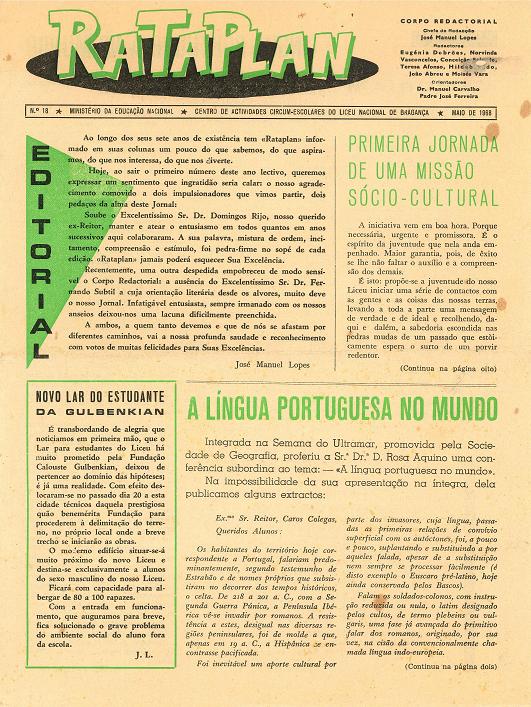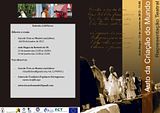Ban Ki-moon
quinta-feira, 10 de dezembro de 2009
DIA DOS DIREITOS HUMANOS
quarta-feira, 9 de dezembro de 2009
DIA INTERNACIONAL CONTRA A CORRUPÇÃO
Celebra-se hoje o Dia Internacional Contra a Corrupção, assim designado pela Assembleia Geral das Nações Unidas, na Resolução 58/4, de 31 de Outubro de 2003.
Esta convenção contra a corrupção foi aprovada pela Resolução da Assembleia da República Nº47/2007, publicada no Diário da República 1ª série nº183, de 21 se Setembro, através do Decreto do Presidente da República nº97/2007, de 21 de Setembro.
O objectivo desta celebração é assinalar a importância do combate â corrupção, sensiblizando a opinião pública para a gravidade do fenómeno e alertando para a necessidade de o prevenir e combater.
De referir que, de acordo com um inquérito divulgado hoje pela Comissão Europeia, 9 em cada 10 portugueses consideram a corrupção um grande problema nacional e a maioria aponta o dedo à classe politica, como sendo aquela em que o fenómeno está mais enraízado.








